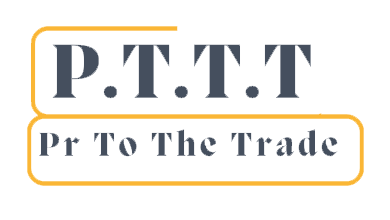Alcohol addiction is a formidable adversary, but it is one that can be defeated. A variety of strategies exist to help individuals break free from the iron grip of this dependency. The path to sobriety is not a one-size-fits-all journey; it requires a personalized approach tailored to each individual’s unique circumstances and needs. In this article, we will explore five strategies that have proven effective in alcohol addiction treatment.
-
Cognitive-Behavioral Therapy (CBT)
CBT is a therapeutic method that focuses on changing harmful thought patterns that lead to self-destructive behaviours. By identifying these negative thoughts and learning how to replace them with healthier ones, individuals gain the tools necessary to manage their cravings and avoid relapse. CBT is widely recognized as an effective strategy in addiction treatment.
-
Medication-Assisted Treatment (MAT)
FDA-approved medications, such as Disulfiram, Naltrexone, and Acamprosate, can be used as part of a comprehensive treatment plan. These medications work by reducing cravings, mitigating withdrawal symptoms, or causing adverse reactions when alcohol is consumed. MAT should always be overseen by a medical professional to ensure safety and effectiveness.
-
Motivational Interviewing (MI)
Motivational Interviewing is a patient-centred counselling approach that aims to ignite change by helping individuals explore and resolve their ambivalence. This form of therapy is particularly effective for those who are initially resistant to treatment. MI fosters self-motivation and empowers individuals to take control of their recovery.
-
Group Therapy and Peer Support
The process of recovery can often feel isolating. Group therapy offers a supportive environment where individuals can share experiences, learn from others, and foster a sense of community. Similarly, peer support groups in alcohol rehab in Christchurch offer a network of individuals who understand the struggles of addiction and can provide encouragement, advice, and empathy.
-
Holistic Approaches
Holistic approaches to alcohol addiction treatment consider the whole person: mind, body, and spirit. Techniques such as yoga, mindfulness, meditation, and nutritional counselling can complement traditional therapies. These practices help manage stress, enhance well-being, and promote overall health, making them valuable components of a comprehensive recovery plan.
Incorporating these strategies into an alcohol rehab program can significantly increase the chances of successful recovery. It’s important to remember that overcoming alcohol addiction is a journey that requires time, patience, and professional guidance.
Conclusion
Alcohol addiction treatment is not an easy task, but with the right strategies and support, it is entirely possible. The effectiveness of these strategies lies in their flexibility and adaptability to individual needs. By combining these five methods, individuals battling alcohol addiction can find a pathway to recovery that best suits their unique situation.

